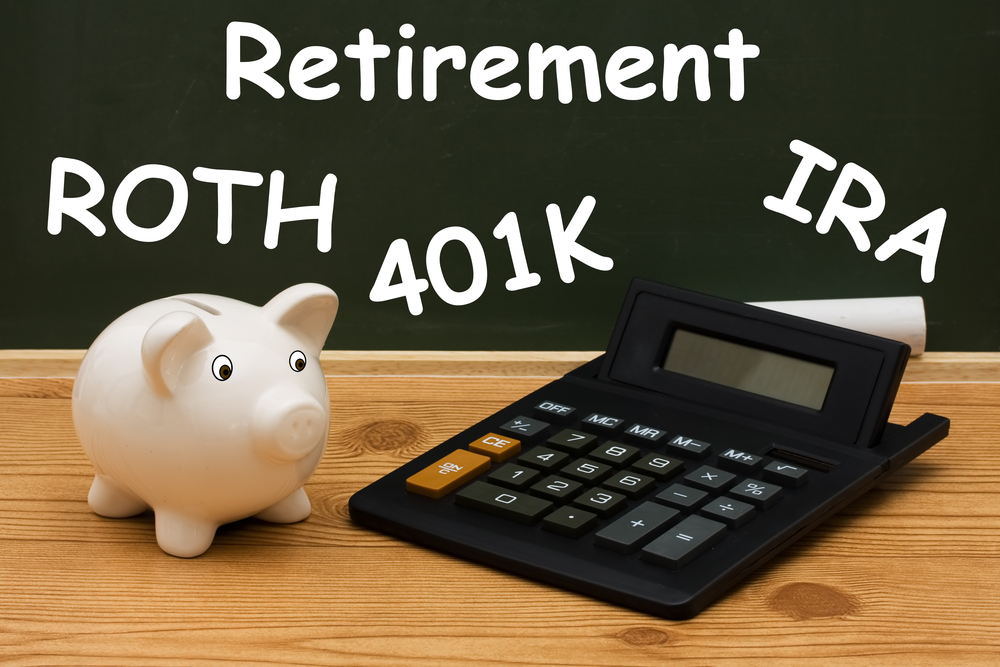Four Smart Tips for Building Retirement Savings
Tips for Building Retirement Savings
Saving for retirement is one of those topics many people shy away from. Do any of these reasons/excuses sound familiar? “It seems so far away … It’s overwhelming to think about … I don’t make enough money to save … I’m too young … I’m too old.”
Despite the length of your countdown to retirement, there is always time to add to your savings. After all, more is better, right? To capitalize on the time you have left before retiring, consider these four tips to enlarge your nest egg, decrease some of your worries about retirement income and perhaps even improve the quality of your life during retirement.
Set a Goal
Like any other life event that requires saving money, you need to know how much you’ll need. In other words, establish a goal. Investment advisors, friends, relatives, and even some websites will offer their advice on setting your retirement savings goal. However, only you know what kind of lifestyle you would like to maintain in retirement. And living a particular lifestyle requires an individualized budget. For example, those who wish to travel in retirement will require more savings compared to those who plan to grow backyard gardens and spend time with grandchildren. Whatever you choose, begin with the end in mind and set a realistic goal based on your individual retirement needs.
Start Saving Soon
The earlier you can begin saving, the better off you’ll be now and when it’s time to retire. The reason is that by starting early (age 18 -22), you can save a smaller amount of money each month over a longer period of time as compared to someone starting later (say, in their 40s) who has fewer years before retiring. There are plenty of examples of people beginning their retirement savings as early as age 14 while working their first job. To keep the savings hill from becoming too steep, begin as early as possible – today if possible!
Find the Money
For those wondering where to find the money to save for retirement, look around you! If you currently work for a large or mid-sized company and you’re not already participating in your employer’s 401k or other retirement savings plan, sign up right away. Many employers offer matching contributions, which is free retirement money. Additionally, consider automatically depositing 10 percent of your pay – or even better, 15 percent – each payday to a retirement savings account. Other sources for filling your retirement coffers include your annual tax refunds and money earned from a second job. Some companies now offer part-time employees ways to save for retirement including IRAs, money market accounts and stock purchase plans. So, consider a second job to build up your retirement savings.
Just Do It
With a goal, timeline and funding sources lined up, you can begin paving the way to retirement with more savings than you had at the start. Nevertheless, remember that wise counsel from experienced professionals can help uncover possible bumps in your road to retirement. If you could use some assistance mapping out your retirement savings plan, an excellent resource is an experienced accountant like those at Donohoo Accounting. Schedule your retirement savings consultation with Donohoo by calling 513-528-3982 or email us today.
Check us out on Facebook, Twitter, and LinkedIn for our latest updates!








